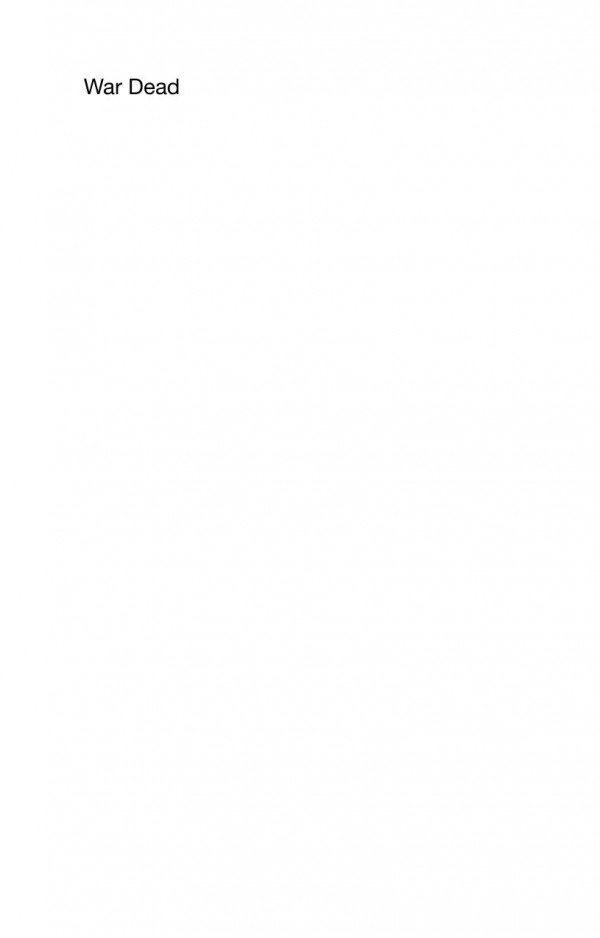

Most ebook files are in PDF format, so you can easily read them using various software such as Foxit Reader or directly on the Google Chrome browser.
Some ebook files are released by publishers in other formats such as .awz, .mobi, .epub, .fb2, etc. You may need to install specific software to read these formats on mobile/PC, such as Calibre.
Please read the tutorial at this link: https://ebookbell.com/faq
We offer FREE conversion to the popular formats you request; however, this may take some time. Therefore, right after payment, please email us, and we will try to provide the service as quickly as possible.
For some exceptional file formats or broken links (if any), please refrain from opening any disputes. Instead, email us first, and we will try to assist within a maximum of 6 hours.
EbookBell Team

0.0
0 reviewsWars in the industrial age kill large numbers of people. What do societies involved in these conflicts do with all the corpses? How do they show them respect? How do they dispose of them? What is their attitude to the bodies of the enemies?
In the 19th century, those who died on the battlefield were pushed into mass graves, their identities unknown. Today, their remains are held in such high esteem that they are tracked down in order that last respects might be paid. As a historical account of the way in which war and death intersect, this book describes the complex attitude societies have towards death. Lured by the concept of eternal youth, tempted to deny death as well as physical decay, faced with longer life expectancy, we retain the hope of going off to war without loss of life. But does not our own expectation of zero death" imply "more deaths" for the other side?